From the Motherland to the Medal Stand: The trials and triumphs of Africa’s Olympic Champions
In this special report on LightRay! Media, by Roland Bayode, we delve into the resilience of the African Spirit.
Sport has always been a vibrant thread woven into the cultural narrative and lifestyle of Africans, serving not just as entertainment but as a beacon of national pride and unity. Over the years, African countries have produced a parade of world-class athletes setting spaces, standards, and records at the Olympic stage with their talent and tenacity despite formidable economic and infrastructural hurdles. From the iconic long-distance runners of Kenya and Ethiopia to Nigeria’s prowess in women’s basketball, the continent has seen flashes of brilliance that have left indelible marks on the face of the world of sports.
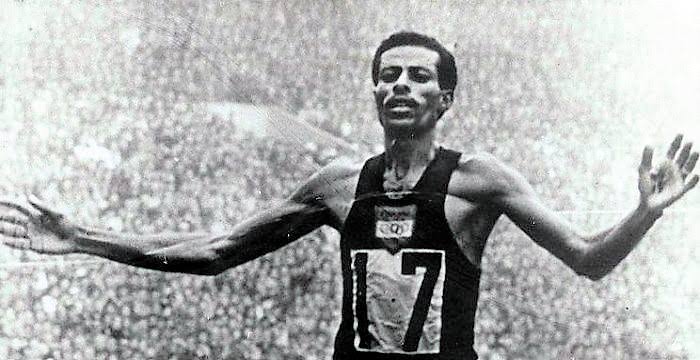
Since the mid-20th century, African athletes have steadily climbed the Olympic podium, etching their names in the annals of sports history. The 1960 Rome Olympics marked a watershed moment when Ethiopia’s Abebe Bikila running barefoot, won the marathon gold, becoming the first sub-Saharan African to achieve this feat. This remarkable victory heralded a new era, showcasing the immense potential of African athletes on the global stage. It also indicated that Africa, often seen as a source of raw materials, possesses pure and classic human resources that, with proper guidance and training, could be refined into world-class talent. The 1980s and 1990s witnessed a surge in African dominance in middle and long-distance running, with Kenyan and Ethiopian athletes like Kip Keino and Haile Gebrselassie becoming household names. They collected numerous medals and set world records, sending a resounding message to the world about Africa’s capabilities and achievements in athletics.
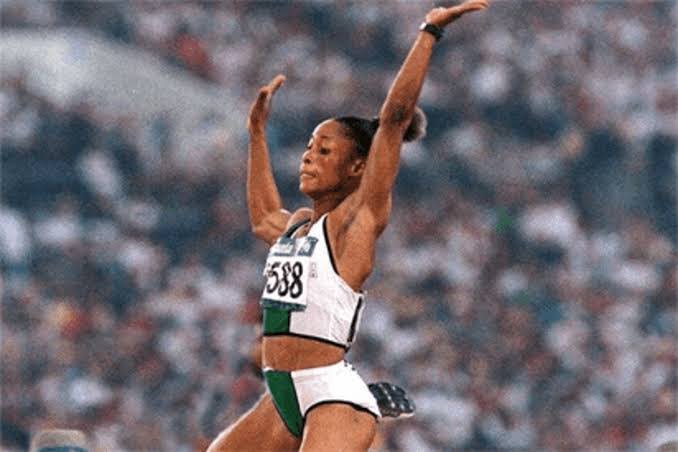
At the 1996 Atlanta Olympics, Chioma Ajunwa made a landmark achievement by winning gold in the long jump, becoming the first Nigerian woman to claim an Olympic gold medal. With an impressive leap of 7.12 meters, she not only secured her victory but also set a new African record. Ajunwa’s triumph highlighted Nigeria’s stature as the “Giant of Africa,” a country renowned for its rich cultural heritage, vibrant music scene, and remarkable achievements in various fields including sports. Her success at the Olympics remains a testament to Nigeria’s growing influence on the global stage. At the 2000 Sydney Olympics, Ethiopia’s Derartu Tulu made history by becoming the first woman from sub-Saharan Africa to win a gold medal, triumphing in the 10,000 meters. Her victory was not only a personal achievement but also a powerful statement of gender equality in sports, a narrative that needs to be changed, needing more women in sport, and a powerful inspiration to the female folks to make them understand that there is life, purpose and worth living career for them to chase beyond the kitchen walls.
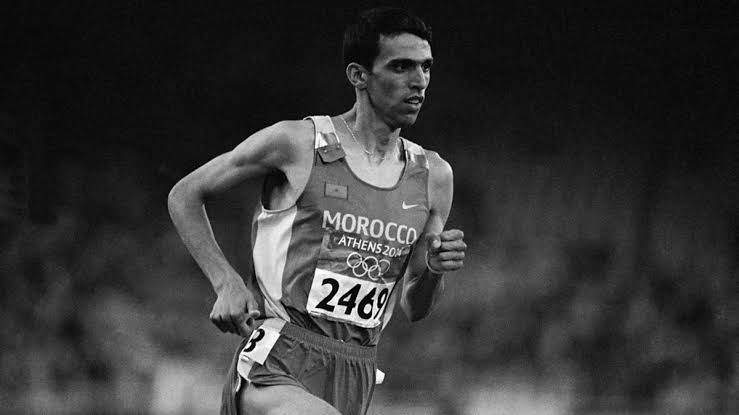
Hicham El Guerrouj, hailed as the “King of the Mile,” made history at the 2004 Athens Olympics by securing gold medals in both the 1500 meters and 5000 meters. This remarkable feat made him the first man since 1924 to achieve victories in both events at the same games, solidifying his legendary status in Olympic history. His achievements showcased Morocco’s prominence in long-distance running and left an indelible mark on the sport. While Samuel Wanjiru made history at the 2008 Beijing Olympics by becoming the first Kenyan to win the Olympic marathon. His remarkable performance, finishing the race in 2:06:32, not only secured him the gold medal but also set a new Olympic record. Wanjiru’s victory underscored Kenya’s dominance in long-distance running and solidified his status as one of the sport’s greats. His achievement was celebrated widely in Kenya and around the world, further elevating the nation’s reputation in athletics.
Despite their success, African athletes face numerous challenges. Economic constraints, lack of infrastructure, and inadequate training facilities often hinder their performance. Moreover, many African countries grapple with political instability and corruption, which can impact sports development. Yet, athletes like Tulu and Keino have overcome these barriers, showcasing their extraordinary talent and resilience on the global stage. While study reveals that economic resources, measured by Gross Domestic Product (GDP), and population size are significant determinants of sports performance. Countries with larger economies and populations have a broader pool of athletes and more financial capacity to invest in sports infrastructure and training programs. However, this relationship is not linear across the board. For instance, South Africa, despite having the largest GDP on the continent, underperforms in several sports, including football and the Olympics. In contrast, countries like Kenya and Ethiopia excel in specific sports, suggesting that other factors besides GDP and population play a crucial role in determining success.
Also Cultural traditions and social resources significantly impact a country’s sports performance and local traditions can guide talented individuals toward certain sports, as seen with cricket in India and long-distance running in Kenya. The study also suggests that the place of birth and the benefits of being born in a particular area contribute to sports performance. These findings highlight the importance of cultural and social resources in shaping a country’s sports achievements, demonstrating that economic resources alone are insufficient to predict success. The study emphasizes the importance of strategic focus and investment in sports where a country has a comparative advantage. Some nations have successfully allocated resources to individual, medal-intensive sports, such as swimming and gymnastics, rather than team sports. This strategic allocation allows these countries to maximize their medal counts and achieve better overall performance. The case of South Africa illustrates this point, where the focus on mass access and eradicating past inequalities contrasts with the single-minded pursuit of medals in other countries. This difference in approach affects the efficiency of resource utilization and overall sports success.
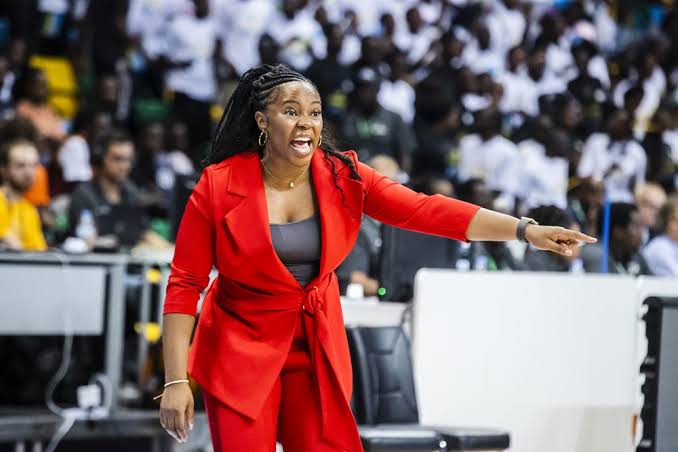
While history has been made and bars have been raised, African nations are just getting started with business as they continue to shine brightly in the Olympic tournament. At the Tokyo 2020 Olympics, Kenya topped the African medal table with 10 medals, including four golds in athletics. Uganda and Nigeria followed, with Uganda securing two gold medals in track events, underscoring their growing prowess in the sport. Nigeria’s basketball team, D’Tigress, made headlines by reaching the quarterfinals when they beat Canada 79-70, a significant achievement in a sport traditionally dominated by Western nations. The United States continued to bear down on yet another successful title defense, but the non-relentless Nigeria’s senior women’s basketball team, D’Tigress, took an emotional bow as they crashed out of the 2024 Olympic Games after losing 88-74 to the United States of America in the quarterfinals of the women’s basketball. A blow for Africa but a feat no one probably expected them to attain at this very level. Not only did they bow out, but D’Tigress Queens left in grand style as heroes with their fearless coach, Rena Wakama who guided their journey at the Olympics winning best Coach of the tournament for 2024. With this, Wakama made history by becoming the first Nigerian National Female Basketball Team coach to win the women’s Afrobasket title since it began in 1966.
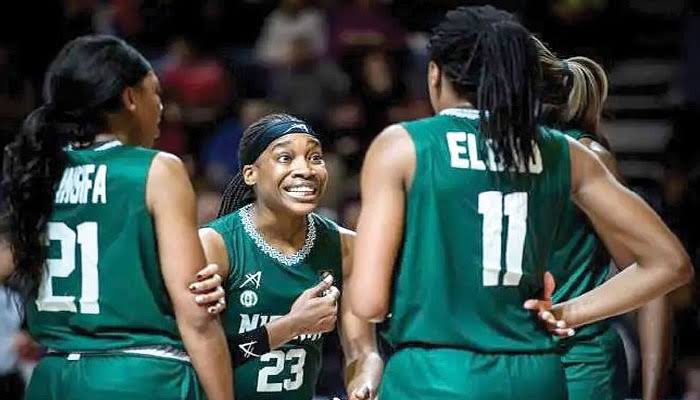
Rena Wakama’s journey to the top began with a call from Musa Adamu, the team’s General Manager, notifying her of an opening for the national team coach position and inquiring if she would be interested in the interview process. “Of course, I was interested and there were a series of interviews and calls from different people,” Wakama recalled. She expressed her gratitude for this opportunity to not only coach the national team but to also be the first woman in this role. Wakama’s history with the team goes back to her college days. Since graduating in 2014, she has been involved with D’Tigress, joining the squad in 2015 during their AfroBasket campaign in Cameroon. Unfortunately, the team failed to qualify for the subsequent competition, however, her ambitions extended beyond the court, leading her to pursue a coaching career. “Many people don’t know that getting into coaching here in America is extremely hard, but I had my mind made up to coach and was ready to go through the process no matter how difficult.”
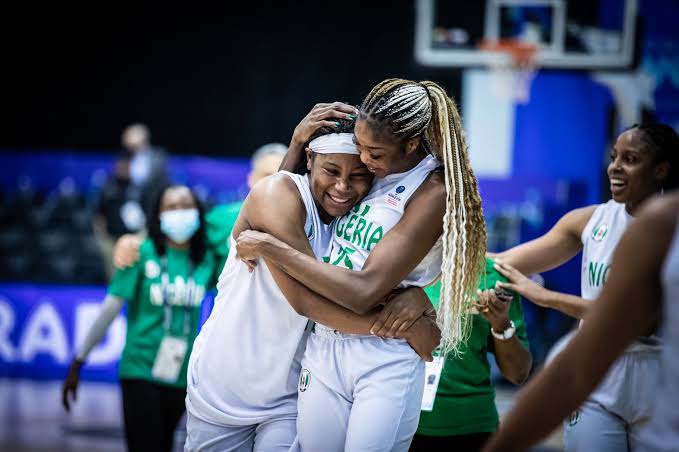
Wakama firmly believes in her readiness and qualifications for the coaching position. “I know that I am more than ready; I know that I am the right one for the job.” Her vision for Nigerian basketball goes beyond personal accolades as she aims to create opportunities and make a lasting impact on players and coaches alike, such as Coach Taye Adeniyi and Coach Owolo Aderemi. Her ultimate goal is to elevate basketball in Nigeria and support the sport’s growth for everyone involved, ensuring that this journey isn’t just about her but about uplifting the entire Nigerian basketball community.





Comments